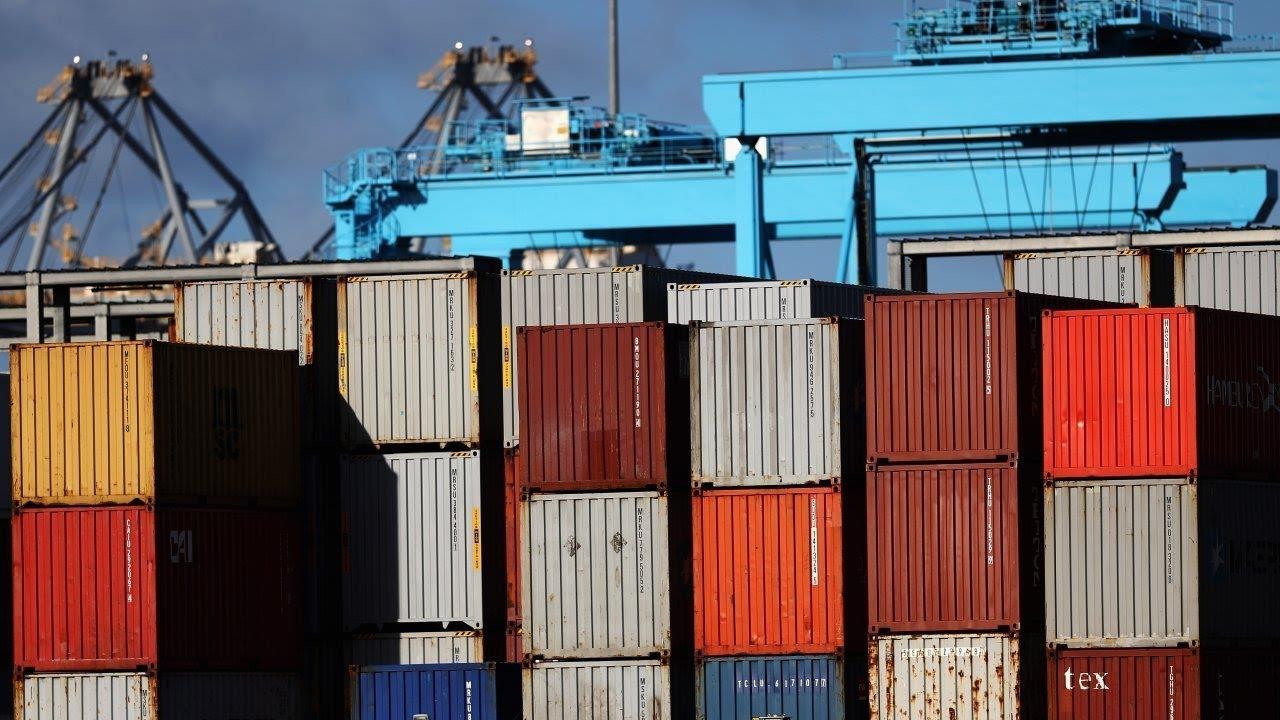
The Case For Tariffs In An Unsettled World
summary of the Wall Street Journal's“Weekend Interview between the Journals' editors and Donald Trump ,” James Taranto notes disagreement about tariffs – the Journal editors being against them, as have been several recent op-eds including one by Phil Gramm and Donald Boudreaux published October 16.
Economics textbook models, assuming no military threats, no taxation, no volatile exchange rates and no restrictions on the movement of people across borders, show that whereas the introduction of tariffs improves the situation of a protected sector, the damage to the rest of society is greater than the benefit.
However, once we discard the assumptions, the case against tariffs disappears.
The Gramm and Boudreaux employment of 19th
century data about the peaceful US to make the case against tariffs is irrelevant
now since that century (a.) was on the gold standard and (b.) was characterized by especially free movement of people, millions coming to the“swim or sink” US's model of society at the time.
These are not new observations. Adam Smith wrote similarly in his
Wealth of Nations:
Governments must impose tariffs“when some particular sort of industry is necessary for the defense of the country.”
He thus justified the Navigation Act, which, among other restrictions, allowed only English ships to bring goods into England.
Another case
“in which it will generally be advantageous to lay some burden upon foreign [countries] for the encouragement of domestic industry is when some tax is imposed at home upon the produce of the latter.
In this case, it seems reasonable that an equal tax should be imposed on the like produce of the former.”
Academic and nationalist jargons can distort these arguments and suggest that governments must then protect boot-makers, farmers and steel makers since the army needs boots, steel and food to march, fly and eat – patriotism used as a political tool to rationalize every tariffs.
However, this reservation is just a reminder of being skeptical of all generalizations.
Still, in his influential
Capitalism and Freedom
published in 1962, Milton Friedman wrote that“it would be far better to move to free trade unilaterally, as Britain did in the 19th century when it repealed the Corn Laws in 1846.” He believed that, but presented no evidence. What happened in Europe then was something different.

Legal Disclaimer:
MENAFN provides the
information “as is” without warranty of any kind. We do not accept
any responsibility or liability for the accuracy, content, images,
videos, licenses, completeness, legality, or reliability of the information
contained in this article. If you have any complaints or copyright
issues related to this article, kindly contact the provider above.






















Comments
No comment